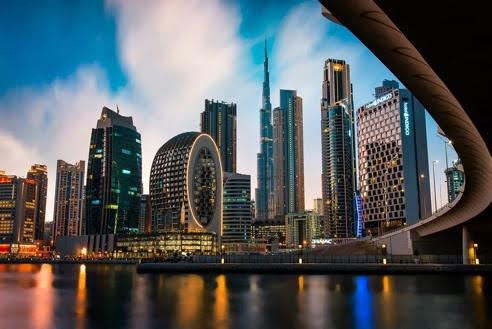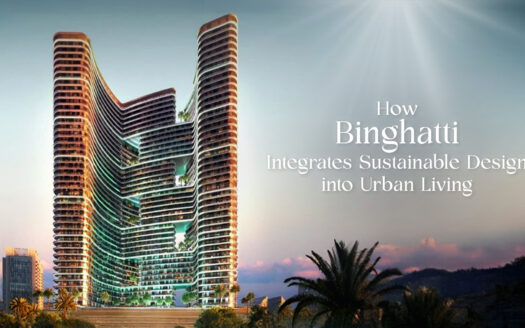Dubai’s property market, representing over half of the GCC’s $171.6 billion transactions in 2023, poised to lead the regional real estate boom
Dubai’s robust real estate sector, a driving force behind the GCC’s $171.6 billion transactions in 2023, is forecasted to maintain its dominance in the region’s property market throughout 2024, according to analysts. While potential challenges may impact the broader real estate supply in 2024, developers with strong liquidity, particularly in Dubai and Riyadh, are expected to navigate market headwinds effectively.
Analysts at Kamco Invest emphasize the resilience of frontline developers, predicting swift adjustments to bring the right property types to market. The realty experts also highlight the potential success of residential developers in Dubai and Riyadh, emphasizing the importance of brand equity, an attractive product mix, and market-sensitive payment plans for achieving sell-through in the build-to-sell (BTS) portfolio.
For office markets in Dubai and Riyadh, competition for regional headquarters (RHQ) and Grade-A office space is anticipated to remain strong, as limited supply from developers continues. The GCC Real Estate Update from Kamco Invest also indicates that best-in-class super regional malls and community-linked malls in key markets are likely to thrive in late-cycle trends, ensuring higher occupancy rates and mitigating tenant portfolio risks.
The industrial warehouse market is projected to witness continued demand for specialized warehouse spaces in 2024, leading to increased rents and a wider rental gap with lower-quality spaces, as highlighted in Kamco’s report.
According to CBRE, the total value of real estate projects across the GCC stands at $1.36 trillion, with Saudi Arabia claiming the majority share at 64.5 percent, amounting to approximately $877 billion. In the first 10 months of 2023, real estate transactions in the GCC reached $171.6 billion, with Dubai contributing over half of the total transacted value.
Despite challenges in other key markets such as Saudi Arabia, Qatar, and Kuwait, Dubai’s real estate market demonstrated resilience, offsetting declines and recording a nearly 57 percent year-on-year increase in transacted value. Similarly, Abu Dhabi experienced a notable 56 percent surge in real estate transactions over the first nine months.
The report from Kamco indicates stable transaction numbers in the GCC, with 495,872 deals over the first ten months of 2023. The average value per transaction rose by 22.1 percent year-on-year, showcasing investor confidence in market-leading real estate products.
Off-plan transactions in Dubai maintained momentum, surging by over 40 percent from January to November 2023, with a 9.8 percent increase in average off-plan value per transaction compared to the end of 2022.
As per Statista, the GCC real estate sector’s value is projected to reach $4.43 trillion in 2023, with an estimated compound annual growth rate of 2.65 percent through 2028, ultimately reaching a market volume of $5.05 trillion. The primary drivers of this regional surge are Saudi Arabia and the UAE, where the realty sector contributes significantly to the countries’ GDP, playing a pivotal role in economic diversification. CBRE’s ‘2023 Middle East Real Estate Market Outlook’ notes that Dubai and Riyadh have outpaced the regional average in price growth, solidifying their positions as key catalysts for the region’s economic development.











